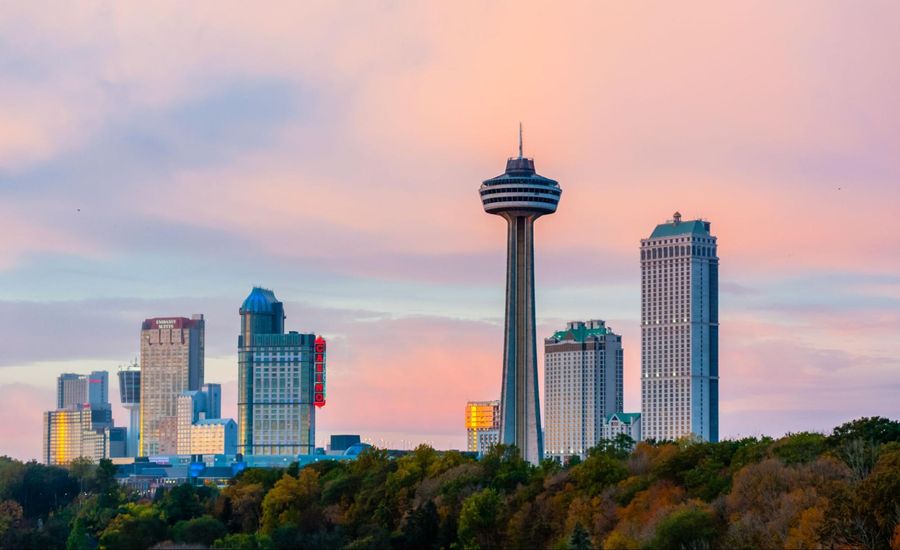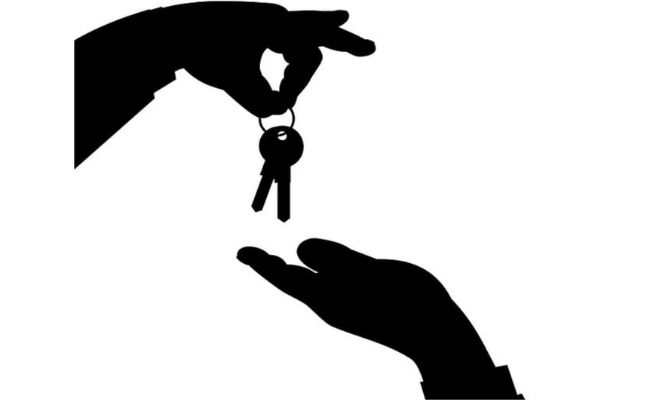A little-known reason for the commercial real estate sector’s struggles is that property taxes are based on dated valuations, and it has the potential to put a lot of operators out of business.
“With the way the tax system works, it’s based on market values and they’re generally not current and out of date,” said Tristan Bock, senior director of Altus Group. “The problem for the commercial sector to deal with is the impacts from COVID will negatively affect some property values severely, while others may not be as negatively affected, like distribution centres—they’re gold right now and they’ll be fine throughout this.
“If your taxes are based on values and you have certain property types that have gone up and others have down significantly and there’s no recognition, there’s inequity and operators are hurting.”
Some operators are essentially paying property taxes that reflect their values in 2016, not their present day, revenue-depleted circumstances. Consequently, Bock expects some operators will go out of business.
“We’re hoping that more provinces will act to update assessments on a more regular basis,” said Bock. “In Ontario, we’re five years behind—the valuation date is January 1, 2016 and here we are in 2021. Unfortunately, some will go out of business. Certain areas, like fitness clubs, will probably see a huge problem in that respect. A lot of concert theatres and venues are privately owned and they will have a tough time coming out of the pandemic.”
Casinos’ projected recovery time is two to three years after being hit particularly hard during the first wave of the pandemic. Although restricted openings have been permitted, they were limited to 50 patrons per floor and reservations were required.
“With casinos, a certain demographic of 50+ is their main client demographic, so there will be some hesitancy to go back until the pandemic is fully finished, as in there are no lingering cases,” said Bock.
Fitness centres don’t typically handle economic downturns well, and now with nascent workout alternatives like Peloton, there are questions about how well gyms will recover post-pandemic.
“There’s been a bit of change in the consumer, so that’s going to be difficult to measure,” said Bock. “Are they going to say, ‘Okay, we’ll ditch Peloton and go back?’”
Concert venues should take a couple of years to fully recover. New York City is slated to open Broadway shows in September, albeit at limited capacity, and until mass vaccination is complete, dense crowds of people will either be outright prohibited or the source of consternation for the patrons themselves.
“When movie theatres and concert theatres reopen, there are likely to be capacity restrictions, or it might just depend on the level of vaccination. They may even go the private vaccine passport route.”
Neil Sharma is the Editor-In-Chief of Canadian Real Estate Wealth and Real Estate Professional. As a journalist, he has covered Canada’s housing market for the Toronto Star, Toronto Sun, National Post, and other publications, specializing in everything from market trends to mortgage and investment advice. He can be reached at neil@crewmedia.ca.









